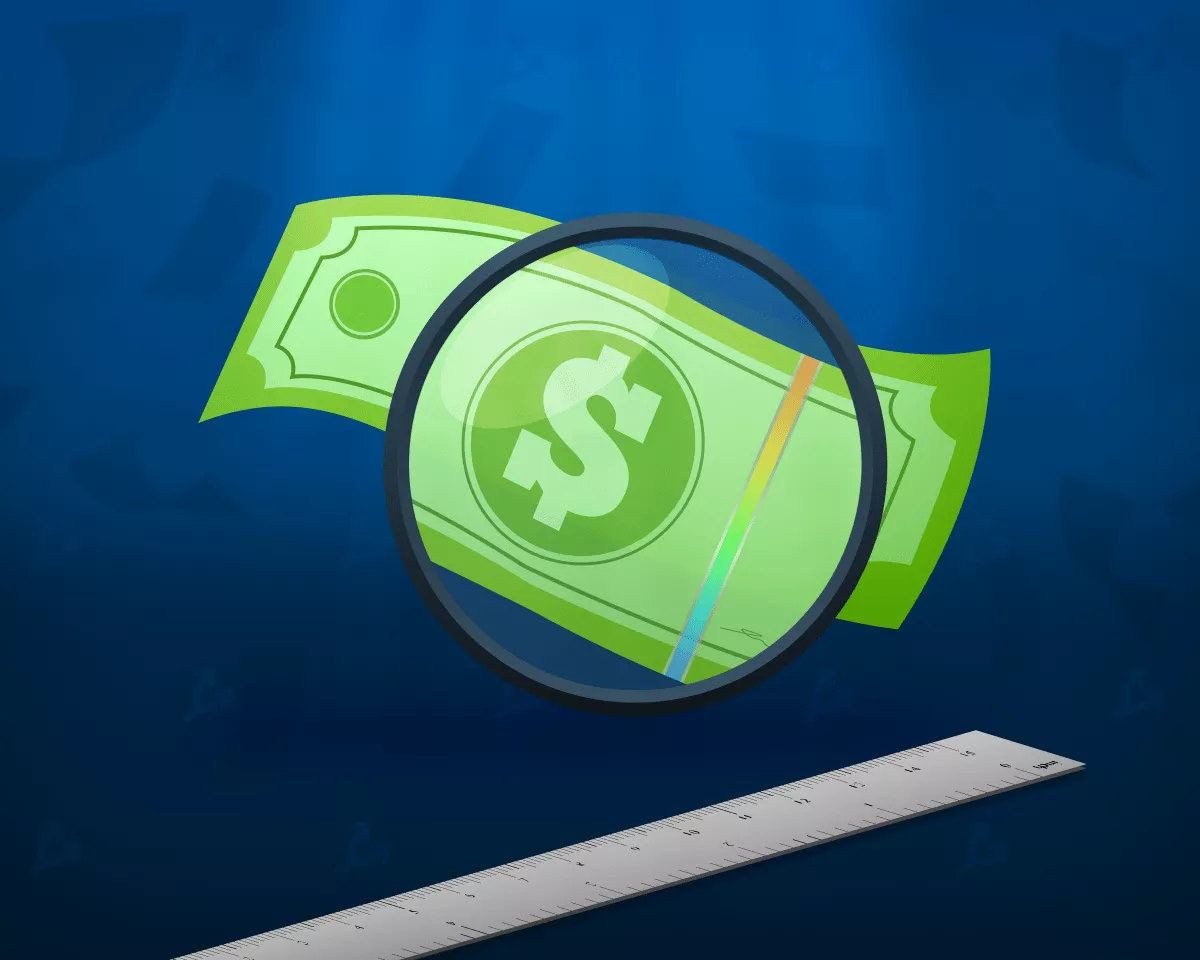Supported by OpenAI CEO Sam Altman, the OpenResearch project conducted an experiment with paying unconditional basic income for three years and published its results.
A group of researchers found that people who receive gratuitous money spend more on meeting basic needs and helping others. They do not leave work, although they work a little less hours. The key conclusion of the experts is that additional cash provides flexibility.
Altman announced the financing of the project in 2016, a month and a half after the founding of OpenAI. Then he was "intrigued by the idea of a basic income."
At first, the research was conducted by the non-profit organization YC Research, then the company renamed itself OpenResearch and began recruiting more participants for a large experiment in 2019. Altman continued to be a key sponsor.
The pilot of the project started in 2020. 1,000 low—income participants (on average less than $29,000 per year) received $1,000 per month, while the other 2,000 received $50. The results were as follows:
At first, the participants used the funds to buy basic necessities like food, rent and transportation;the intake of non-prescribed painkillers and excessive alcohol consumption has decreased;visits to the dentist and hospital have increased;Over time, participants began to focus more on the future, plan their budget better and make savings;they were more likely to make plans for higher education and starting a business;The recipients of the money with the lowest incomes used the funds to financially support family and friends, pay for housing.On average, people receiving $1,000 worked slightly less than those who were given $50."Cash provides flexibility and can expand opportunities when deciding to find a job that suits the individual circumstances, goals and values of the recipients," the researchers noted.
Recall that in 2022, the Danish AI party proposed to introduce an unconditional basic income of 100,000 kronor ($13,700) per month.
